Bangladesh’s forex reserve surges by $1.5b in 22 days
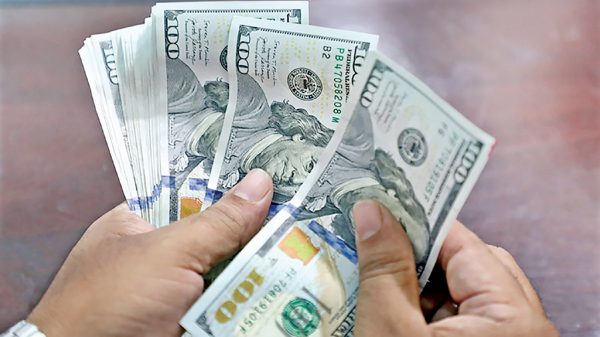
Shawdesh Desk:
Bangladesh’s gross foreign exchange reserves, calculated following the International Monetary Fund’s guidelines, have risen by $1.5 billion in 22 days.
As per Bangladesh Bank data, the reserves stood at $20.16 billion on December 22, up from $18.55 billion on December 1.
Such increase is attributed to the central bank’s strategy of refraining from selling dollars to commercial banks while purchasing dollars from them.
These measures were aimed at artificially boosting reserve balances to meet the IMF’s conditions.
However, these actions have added pressure to the exchange market, pushing the dollar price to Tk 128 from Tk 120 in just 13 days.
In response to concerns about potential exploitation of the situation, Bangladesh Bank has sought explanations from 13 banks suspected of purchasing dollars at unusually high rates.
Officials suspect some banks might have manipulated dollar prices to benefit from the volatility.
Earlier, reserves experienced a sharp decline, dropping to $18.46 billion on November 10 from over $20 billion on November 7.
This drop followed a $1.5 billion payment to the Asian Clearing Union (ACU) for import bills covering September and October, a routine settlement made bi-monthly.
With the next ACU payment for November and December due in early January, reserves could potentially dip to a similar level once again.
According to conventional valuation by the Bangladesh Bank, the foreign exchange reserve reached $24.84 billion.
The Asian Clearing Union is a payment settlement forum whereby the participants settle payments for intra-regional transactions through the participating central banks on a net multilateral basis.
Payment obligations of transactions among Bangladesh, Bhutan, India, Iran, the Maldives, Myanmar, Nepal, Pakistan and Sri Lanka are settled through the ACU payment system.
However, high overdue and current import payments have hindered reserve growth even though remittance inflows and export earnings have risen. Banks have had to use dollars for these payments.
The BB stopped selling dollars directly from its reserve to banks and has sourced dollars from the interbank market to meet government obligations.
This means banks must cover all import payments with their own foreign currency, preventing reserve accumulation.
The Bangladesh Bank adheres to the IMF’s Balance of Payments and International Investment Position Manual, 6th edition (BPM6), for calculating both the gross international reserve and the net international reserve.
The exchange rate per dollar was Tk 84.81 in June 2021, Tk 93.45 in June 2022 and Tk 106 in June 2023.
This ongoing dollar crisis has significantly impacted banks’ ability to settle import payments and open letters of credit, creating challenges for businesses.


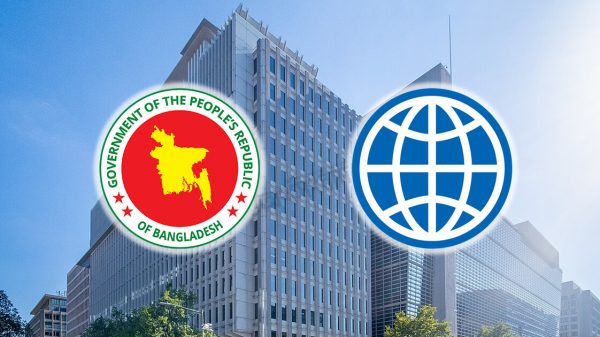

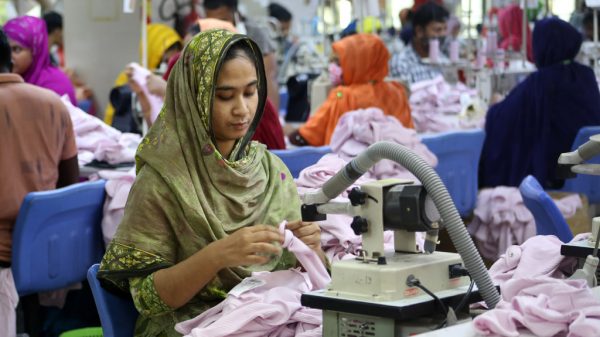








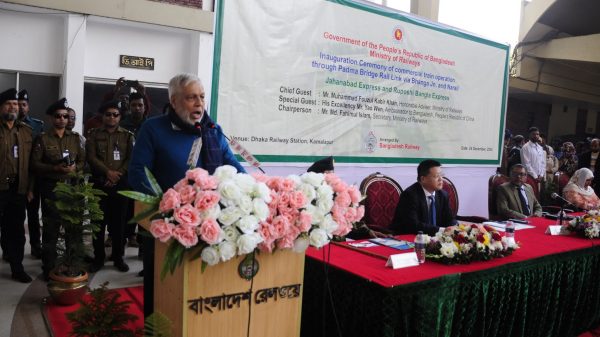
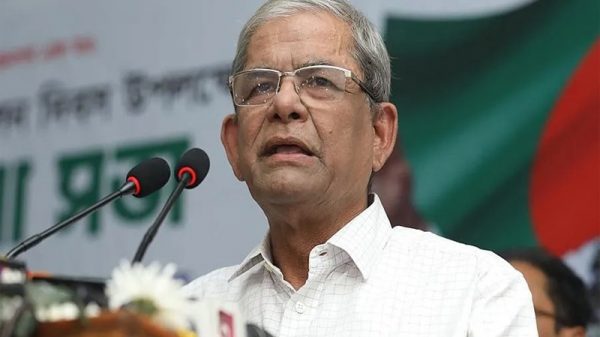













Leave a Reply